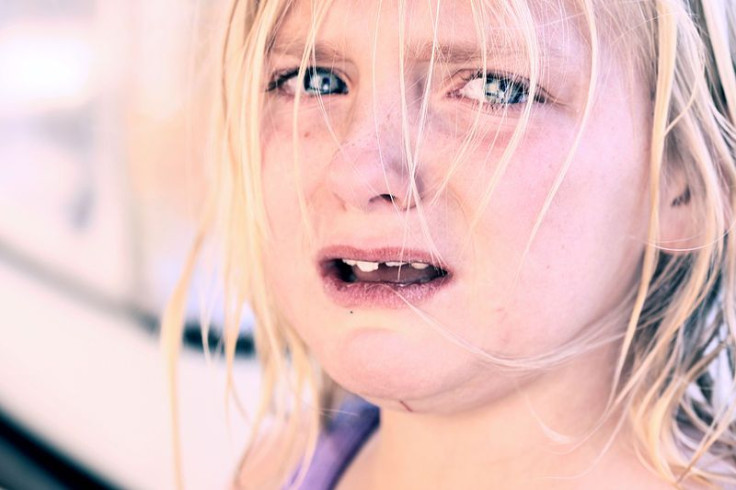Parental Divorce During Childhood Linked to Inflammation Due to Lack of Support, Education Growing Up

Kids deal with divorce in many different ways, but whether they stay positive or negative about it, they still have an increased chance of developing higher levels of an inflammatory marker in the blood that's associated with coronary heart disease and diabetes.
The protein, known as C-reactive protein, has been associated with cancer, cardiovascular disease, and sleep apnea when high levels of it are present for a long period of time — its presence in blood increases as a response to inflammation.
The study was based on data from 7,462 people that were part of the 1958 National Child Development Study. All the people were born in 1958, and the study has followed their health since then. It found that children whose parents divorced or broke up before they turned 16 years old had 16 percent higher levels of C-reactive protein at 44 years old.
Although they're not completely sure why this happened, they believe the connection could be explained by adolescent material disadvantage and a poor education, which were factors that occurred more frequently in participants who were under 16 when their parents divorced.
"Our study suggests that it is not parental divorce or separation per se which increases the risk of later inflammation but that it is other social disadvantages, such as how well the child does in education, which are triggered by having experienced parental divorce," Dr. Rebecca Lacey, research associate in the University College London Department of Epidemiology and Public Health, said in a press release.
The researchers concluded that separating families require additional support and that "pathways through education appear to be particularly important and supporting children through education may be beneficial."
The results also support a recent study on mice that may have implications for humans and other mammals. It found that mice growing up with both parents increased the production of white matter in females, which is associated with better motor coordination and sociability, while for males, it increased the production of grey matter, which is associated with learning and memory.
Other studies have also shown that children encouraged by both parents as early as five years old did better on school tests.
Source:
Lacey R, Kumari M, McMunn A. Parental separation in childhood and adult inflammation: The importance of material and psychosocial pathways. Psychoneuroendocrinology. 2013.



























